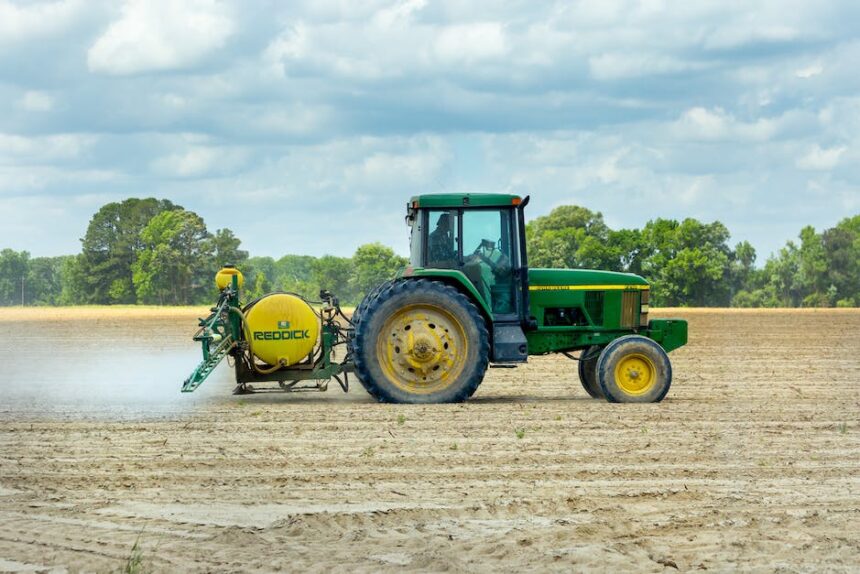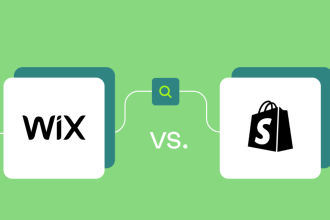Did you know the global agricultural equipment market is projected to reach $169 billion by 2031? This growth is due to the demand for advanced machinery that boosts farming efficiency.
Choosing the right agricultural equipment suppliers is crucial for farmers and agricultural businesses. The right partner can impact your operations. They can provide high-quality products and offer reliable service and support.
This guide will help you select the ideal agricultural equipment supplier. Read on for essential tips to help you in your decision-making.
Understand Your Farming Needs
Before selecting it’s essential to understand the unique requirements of your farm. Each type of farming will have different equipment needs. This influences supplier selection.
Additionally, consider these factors:
Type of Farming
Various types of farms need specialized equipment tailored to their operations. Understanding the specific equipment necessary for your farming practices is crucial. This will help you select a supplier that specializes in those products.
Scale of Operation
The scale of your operation plays a vital role in determining the equipment you need. Large agricultural businesses often require more sophisticated technology.
Smaller, family-run farms may benefit from more basic machinery. This ensures that it fits their budget and operational capacity. Identifying the scale of operations will guide you to suppliers that offer appropriate solutions.
Future Growth
Anticipating your future needs is key to making a sustainable investment. Consider factors such as:
- land expansion
- increased production goals
- diversification into new crops or livestock
Selecting equipment with growth in mind can help you avoid outgrowing your machinery. This ensures that your investment supports long-term success.
Research Suppliers
Once you know your farming needs, start by researching potential suppliers. Create a list of suppliers who specialize in the products you need. Consider these methods to conduct thorough research:
Online Reviews and Testimonials
Look for online reviews, ratings, and testimonials from other farmers. Websites like Yelp, Google Reviews, and agricultural forums can provide valuable insights.
Pay attention to comments regarding product quality and responsiveness to issues. This feedback can help you gauge the reputation of the supplier.
Industry Recommendations
Don’t hesitate to seek recommendations from peers in the industry. Farmers often have first-hand experience with various suppliers. They can provide reliable advice on who to trust.
Supplier Websites and Catalogs
Visit the websites of potential suppliers to review their product offerings. Many suppliers provide downloadable catalogs. This can help you compare products side by side.
Look for information about warranties, return policies, and maintenance services. This is to ensure you are making a well-informed decision.
Ask for Demonstrations
Many suppliers offer equipment demonstrations to showcase their products’ capabilities. Requesting a demonstration allows you to see the equipment in action. This hands-on experience can be invaluable in making a final decision.
Evaluating Quality and Value
Quality and value should be top priorities when assessing suppliers. To check these factors, you can consider the following:
Product Range
Quality suppliers offer a wide range of products for different agricultural needs. Ensure the suppliers have equipment that meets your current and future needs.
Consider suppliers that specialize in specific brands, like John Deere. Reliable brands offer specialty components, such as John Deere concaves. This can optimize performance for specific operations.
Warranty and Support
A solid warranty is crucial when selecting suppliers. A good warranty covers you in case of manufacturing defects.
Additionally, the level of customer support provided by the supplier must be assessed. This includes installation services and maintenance options.
Pricing Structure
Compare pricing from various suppliers to determine who offers the best value. However, it’s critical to avoid selecting a supplier solely based on cost.
Sometimes, cheaper options may lack quality. This can cost you more in the long run due to repairs or replacements.
Assessing Supplier Reliability
Reliability is a non-negotiable attribute when selecting farmers equipment suppliers. A reliable supplier ensures timely deliveries and is available for support when needed. Here are some ways to assess a supplier’s reliability:
Shipping and Delivery
Examine the supplier’s shipping processes. Efficient suppliers will have clear guidelines on logistics and communication.
Look for information about how they handle delays or unexpected issues. A good supplier should provide tracking information. They should also keep you informed throughout the shipping process.
Customer Support and Service
Evaluate the level of customer support the supplier offers. A reliable supplier should provide multiple channels of communication. This can include phone, email, and chat support.
Test their responsiveness by reaching out with questions. This can give you insight into how quickly they address customer concerns.
Industry Reputation
Research the supplier’s reputation within the agricultural community. Look for awards, certifications, or affiliations with industry organizations. These can indicate a supplier’s standing in the market.
Additionally, consider how long the supplier has been in business. Established suppliers often have a proven track record of reliability.
Understand After-Sales Services
After-sales services play a crucial role in the longevity and performance of equipment. These services can include:
Maintenance and Repairs
Check if the supplier offers maintenance packages to keep your equipment running smoothly. Regular maintenance is vital for preventing breakdowns. It can also extend the life of your machinery.
Inquire about the frequency of maintenance services. Also, ask what they cover and whether the supplier provides any guarantees. This can give you peace of mind and reduce long-term costs.
Training Services
Some suppliers may offer training for your team to operate the big farm equipment. Proper training ensures that your staff knows how to use the machinery. This can help prevent accidents and equipment damage.
Ask if the supplier provides on-site training sessions, instructional manuals, or online resources. A supplier that invests in training demonstrates a commitment to your success. This can enhance your team’s confidence in using the equipment.
Spare Parts Availability
Assess the supplier’s inventory of spare parts for their equipment. Quick access to spare parts is critical for minimizing downtime in the event of repairs.
Inquire about the supplier’s process for ordering parts and their delivery times. A supplier with a reliable parts supply chain can keep your operations on track.
Finding the Best Agricultural Equipment Suppliers
Choosing the right agricultural equipment suppliers is vital for the success of any farm operation. By using the tips above, you ensure you have the right partners by your side.
The right partner can help you increase productivity and profitability. Take action now by reviewing your supplier options. Investing in quality partners that can contribute to your farm’s growth.
If you’d like to learn more, scroll through our blog for more tips and tricks.















